Heard of “Net-Zero Oil” or “Carbon Negative” Bioenergy? In 2023 You Will
DeSmogBlog
JANUARY 3, 2023
Salmon might seem like a good alternative to meat, in a world that needs to shift away from carbon-intensive cattle — at least the fish farming industry would have you see it that way. Carbon Capture and Storage. Below, a handful of DeSmog writers dive into the issues they’ll be watching in 2023. Aquaculture. Next year you will.


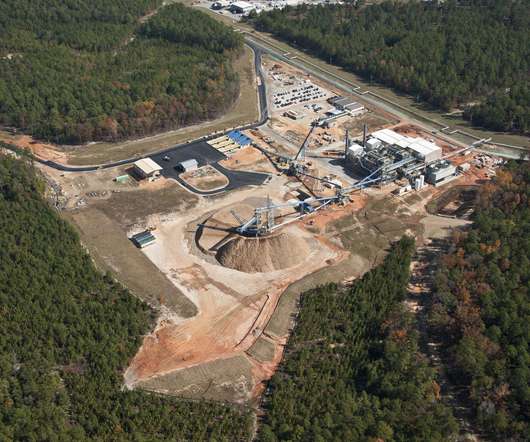
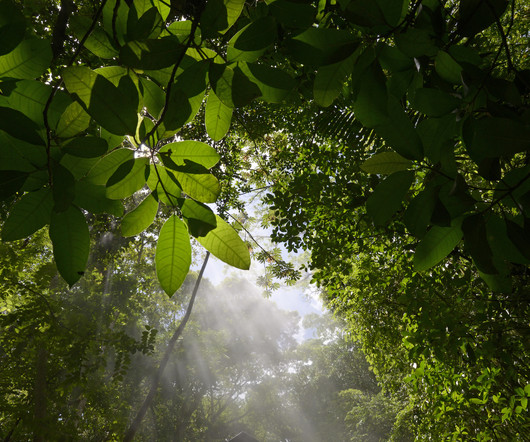

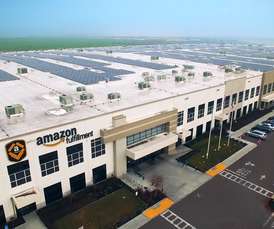
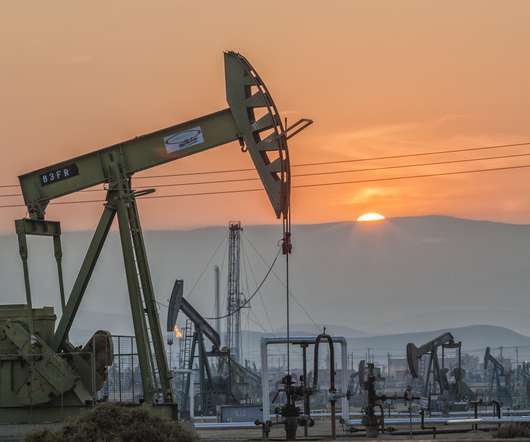
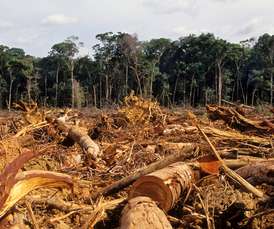

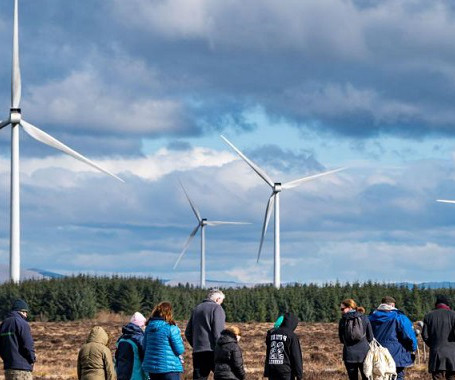
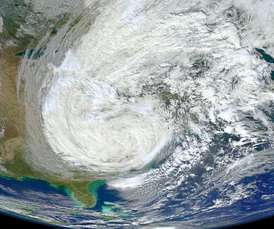
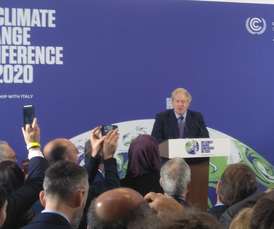









Let's personalize your content